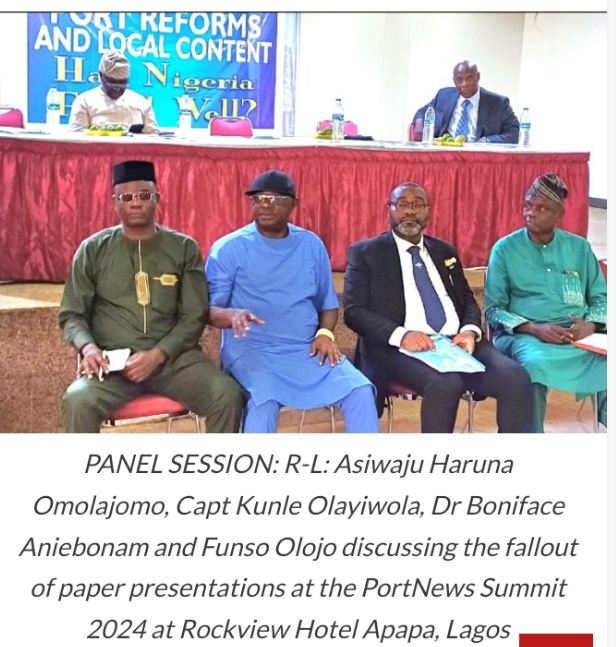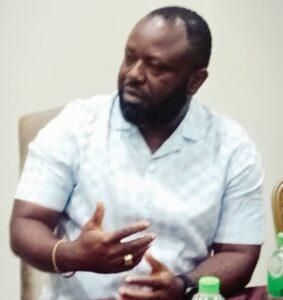
Nigerian Stakeholders Condemn Port Reforms, Allege Bias Against Local Operators
Nigeria’s maritime stakeholders have strongly criticized the country’s port reforms, alleging that the government and foreign concessionaires are marginalizing indigenous operators and hindering local content development.
At the recent PortNews Summit 2024 in Lagos, stakeholders expressed concern over the decline of Nigeria’s maritime legacy, noting the significant decrease in Nigerian-owned vessels and bonded terminals.
They have criticized the country’s port reforms, introduced in 2006, for favoring foreign interests over local operators. This has led to Nigerian operators struggling to compete in the market.
According to Capt. Emmanuel Ihenacho, a former Minister of Interior, the reforms have brought efficiency and private investments, but their implementation has been poor. He specifically mentioned that “the landlord model has prioritized foreign interests over Nigerians.”
Stakeholders have lambasted the poor enforcement of the Cabotage Act, which aims to give Nigerian-flagged vessels priority in coastal trade. According to Dr. Muda Yusuf, CEO of the Centre for the Promotion of Private Enterprise, the law has become a “paper tiger” due to inadequate implementation.
To rectify this situation, stakeholders have proposed several solutions, including renegotiating concession agreements to mandate patronage of indigenous bonded terminals, enforcing compliance with the Cabotage Act, and introducing executive orders to protect local jobs.
The summit ended with a unanimous call for reforms to prioritize local operators and restore Nigeria’s maritime sector to its former glory.
Stakeholders warned that failure to address these issues would deepen the marginalization of Nigerians in the sector and jeopardize the nation’s economic sovereignty.






